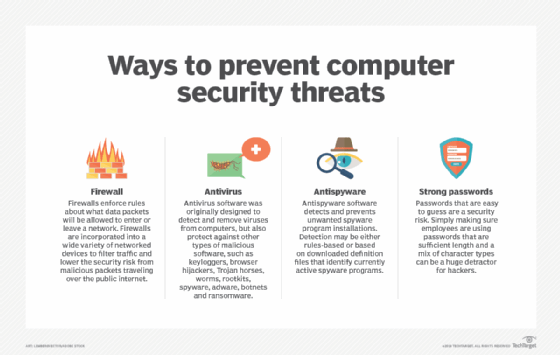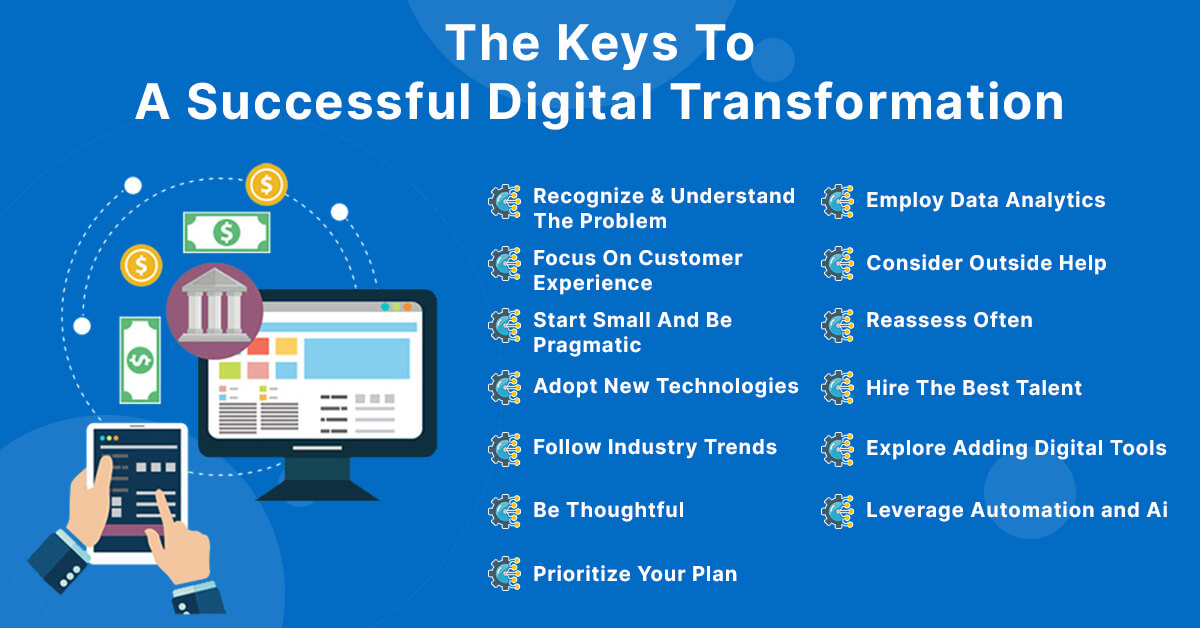The Roku Data Breach: A Comprehensive Analysis

In early 2024, Roku, a leading player in the streaming platform industry, faced a significant cybersecurity challenge. Over 15,000 user accounts were compromised in a data breach that spanned from late December 2023 to February 2024. This event marks a critical point in the ongoing discussion about digital security in the tech and streaming industries.
Contents
Overview of the Breach
The breach was first identified through routine security checks by Roku’s internal teams. Unlike direct attacks on the company’s infrastructure, this incident involved hackers using login credentials obtained from third-party sources.
This method of attack underscores a growing trend in cybersecurity threats where the weak links in personal security practices can lead to broader vulnerabilities.
Roku’s Response
Upon discovering the unauthorized access, Roku took immediate steps to secure the affected accounts. The company’s swift response included resetting passwords, notifying impacted users, and implementing additional security measures to prevent future breaches. Roku’s actions reflect a commitment to user privacy and security, critical components of customer trust in the digital age.
The Impact on Roku and Its Users
While the number of compromised accounts represents a small fraction of Roku’s 80 million active users, the breach has far-reaching implications. For the users affected, the breach meant potential unauthorized purchases and access to personal viewing preferences. For Roku, the incident posed risks to its reputation and highlighted the challenges of ensuring digital security at scale.
Cybersecurity Trends in the Streaming Industry
The Roku data breach is not an isolated incident but part of a larger pattern of cybersecurity challenges facing the streaming industry. As streaming platforms accumulate vast amounts of user data, they become attractive targets for cybercriminals. The incident underscores the need for robust security measures, continuous monitoring, and proactive threat detection.
Preventive Measures for Users
This breach serves as a reminder of the importance of cybersecurity hygiene for individual users. To safeguard personal information, users should:
- Use Strong, Unique Passwords: Avoid reusing passwords across different services. Employ complex passwords and consider using a password manager.
- Enable Two-Factor Authentication (2FA): Adding an extra layer of security can significantly reduce the risk of unauthorized account access.
- Be Wary of Phishing Attempts: Educate yourself on identifying suspicious emails or messages that attempt to harvest login information.
- Regularly Monitor Account Activity: Stay vigilant and report any unusual activity in your accounts immediately.
Broader Implications for the Tech Industry
The Roku data breach highlights a critical challenge for the tech industry: balancing the convenience of interconnected services with the need for robust security.
As technology companies continue to integrate their offerings with third-party services, the potential for compromised user data grows. This incident serves as a call to action for the industry to prioritize user security and for users to adopt more secure online practices.
Conclusion
The Roku data breach of 2024 stands as a significant event in the landscape of digital security. It highlights the ongoing challenges faced by tech companies and users alike in safeguarding personal information.
As the streaming industry continues to evolve, so too must the strategies employed to protect against cyber threats. Through collective efforts and heightened awareness, the industry can work towards a more secure digital future.
This incident underscores the importance of vigilance, both on the part of companies like Roku and their users, in the face of increasingly sophisticated cyber threats. By learning from these incidents and implementing stronger security measures, the digital community can hope to stay one step ahead of potential breaches.



